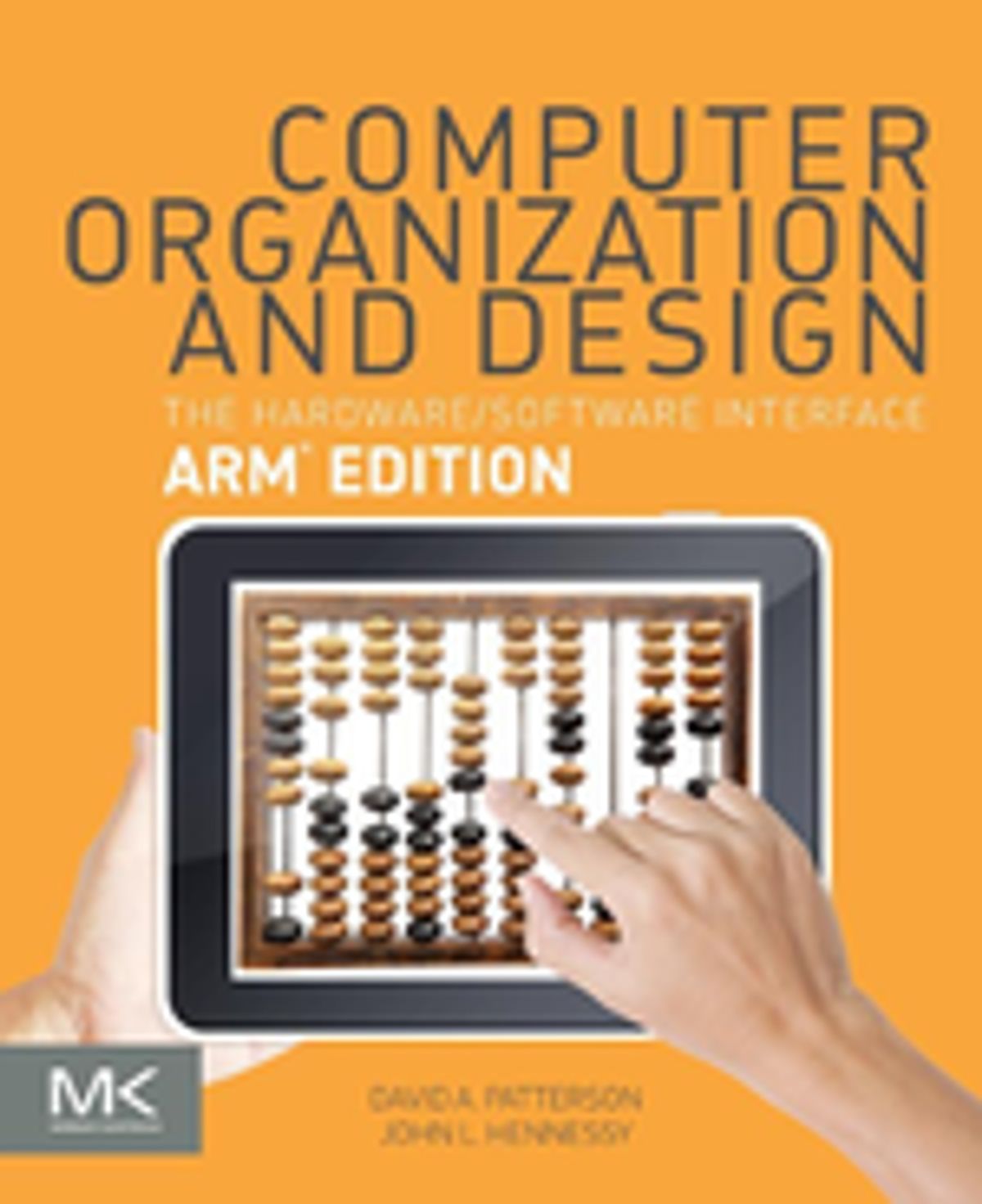Hey there! are you currently studying with computer organization and design arm edition solutions pdf book? Have you been searching for where to get computer organization and design 5th edition solution manual? Well, if you have been searching for where to get computer organization and design solution, then I’ve got good news for you! You can get computer organization and design solution manual right here on knowdemia at no cost at all! Not only will you get this Solution Manual, but you will also get Computer Organization and Design ARM Edition PDF. So, what are you waiting for? Hurry and leverage this great opportunity we offer.
Computer Organization and Design ARM Edition PDF Book Synopsis
The new ARM Edition of Computer Organization and Design features a subset of the ARMv8-A architecture, which is used to present the fundamentals of hardware technologies, assembly language, computer arithmetic, pipelining, memory hierarchies, and I/O.
With the post-PC era now upon us, Computer Organization and Design moves forward to explore this generational change with examples, exercises, and material highlighting the emergence of mobile computing and the Cloud. Updated content featuring tablet computers, Cloud infrastructure, and the ARM (mobile computing devices) and x86 (cloud computing) architectures is included.
An online companion Web site provides links to a free version of the DS-5 Community Edition (a free professional quality tool chain developed by ARM), as well as additional advanced content for further study, appendices, glossary, references, and recommended reading.
- Covers parallelism in depth with examples and content highlighting parallel hardware and software topics
- Features the Intel Core i7, ARM Cortex-A53, and NVIDIA Fermi GPU as real-world examples throughout the book
- Adds a new concrete example, “Going Faster,” to demonstrate how understanding hardware can inspire software optimizations that improve performance by 200X
- Discusses and highlights the “Eight Great Ideas” of computer architecture: Performance via Parallelism; Performance via Pipelining; Performance via Prediction; Design for Moore’s Law; Hierarchy of Memories; Abstraction to Simplify Design; Make the Common Case Fast; and Dependability via Redundancy.
- Includes a full set of updated exercises
